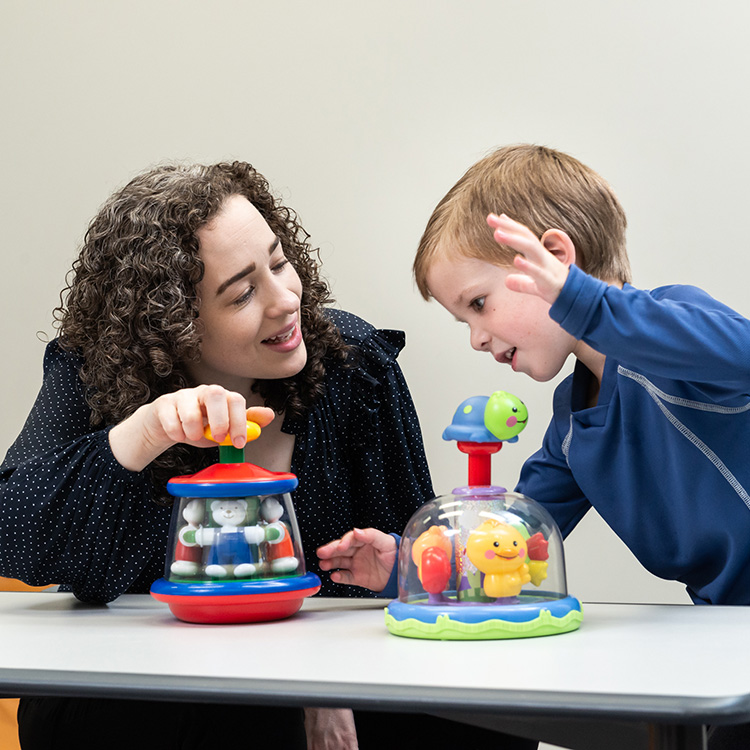Search

News & Events
Urgent changes needed to Close the Gap in Indigenous mental healthResearch from Embrace has investigated cultural safety for Aboriginal young people in mainstream mental healthcare in Boorloo, Perth.

News & Events
Guest article: What it's like to live with Tourette SyndromeConor Maysey was a guest on Dr Alix Woolard's podcast, Embracing the Mind.

News & Events
Guest article: How Russian invasion of my home changed my lifeVlad Guz giving a TEDxKings Park Youth talk in 2023. Source: TEDxKings Park

News & Events
Leading wellbeing researcher joins EmbraceAssociate Professor Jeneva Ohan will co-lead research in Embrace's childhood trauma group.

News & Events
Watch senior researcher's TEDx TalkSenior researcher Dr Alix Woolard gives a talk on post-traumatic growth at TEDx Youth @ Kings Park

News & Events
Embracing World Mental Health DayEmbrace @ The Kids Research Institute Australia Senior Researcher Dr Alix Woolard and Co-Director Professor Helen Milroy.

News & Events
Embrace Big Idea 2023 winners announcedPhoto (clockwise from top-left): Dr Craig Taplin, Mx Rigel Paciente, Ms Heather Roby, Dr Keely Bebbington, Dr Alix Woolard.

News & Events
Youth Sanctuary to open in SubiacoMental Health Minister Amber-Jade Sanderson presents funding that will enable the Youth Sanctuary to open later this year.

News & Events
Prominent WA psychiatrist receives AM award at Government HouseProminent WA psychiatrist Professor Helen Milroy receives AM award at Government House

CliniKids is a not-for-profit centre integrating world-class research with a clinical service for children with developmental delay and/or autism, and their families. It is the first of its kind for autism in Australia.
